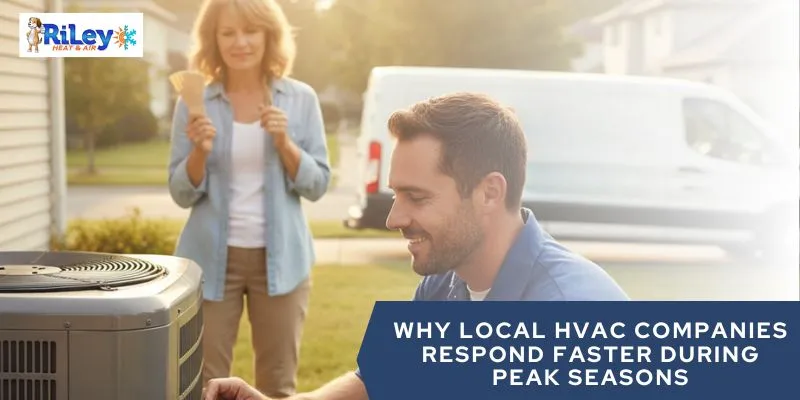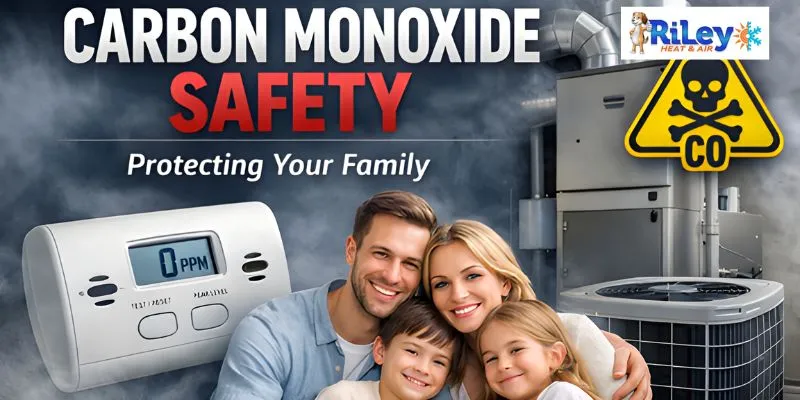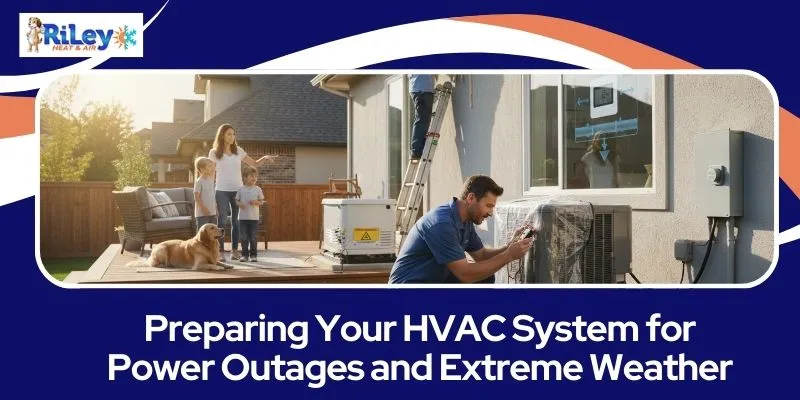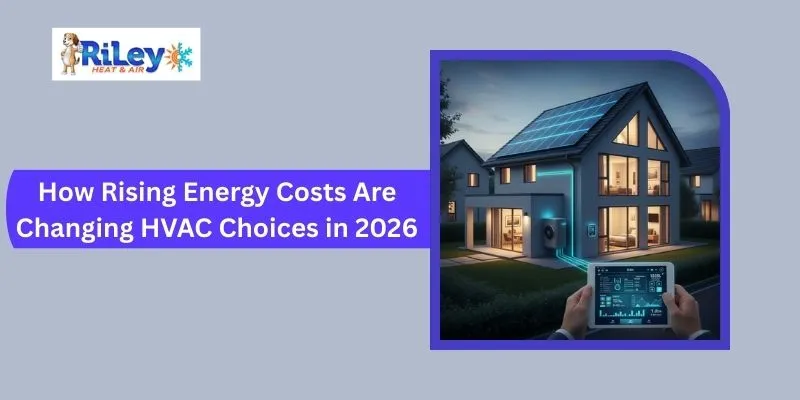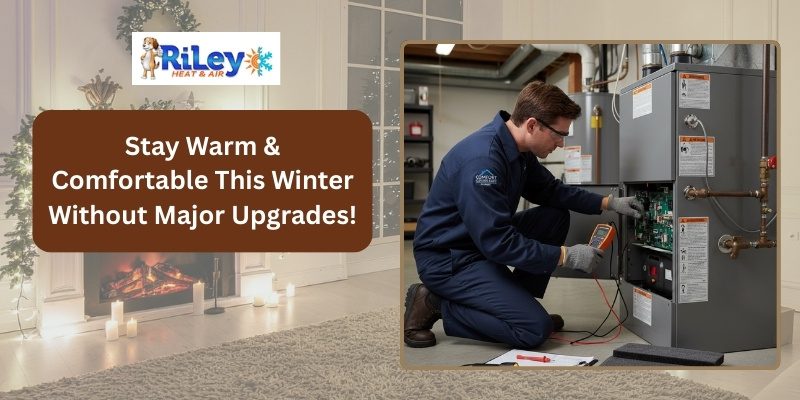
How Long Should Your AC Last in Maryland’s Summer Climate?
When the temperature rises, your air conditioner is the only sure thing on a hot Maryland summer day. But how many minutes can you run it before you overwork the system? How long your air conditioning system lasts depends on its use, maintenance, and sizing for your home or business.
This blog addresses how AC units work, what factors affect their lifespan, and some of the best actions you can take to ensure your AC unit continues to perform optimally.
How Your AC Works in Extreme Heat
Air conditioners do not run all the time; they are cyclic. The normal cycle lasts approximately 20 minutes, where the unit switches on, cools the air, and switches off when the thermostat achieves the desired temperature.
When the outside temperatures reach over 100 degrees Fahrenheit, your AC will have to work longer to keep your interior cool since it requires more energy to keep your interior comfortable. This does not always imply something is wrong; it is just how the system adapts to extreme conditions.
But when the cycles are too long or the system is always on, efficiency decreases and wear and tear increase. This is the time to pay more attention to performance and maintenance.
Average Lifespan of AC Units in Maryland
In Maryland, the average life of a central air conditioning system is 12 to 15 years on the residential side and 15 to 20 years on the commercial side. Aspects such as brand quality, professional installation, and regular maintenance will enable your system to achieve or even exceed that lifespan.
Maryland units have to contend with humid summers and variable seasonal needs, so maintenance is all the more crucial.
Factors That Impact How Long Your AC Lasts
There are several factors that influence the lifespan of your air conditioner and how long it will serve you:
1. Thermostat Settings
The colder you make the thermostat, the more your AC will be forced to work. To be efficient, manufacturers suggest settings of about 78 degrees. Lowering it, particularly when it is very hot, not only raises energy costs but also reduces the life of your system.
2. Home Insulation
When your house is not well insulated, cool air leaks in and hot air leaks out. This causes your AC to cycle more frequently and for extended periods, increasing wear and tear.
3. Unit Size
A unit that is too small will struggle to cool your home, run continuously, and wear out quickly. On the other hand, an oversized system can turn on and off too frequently, causing inefficiency and early wear and tear. The most appropriate option is a well-sized unit that fits your building or home.
4. Usage Habits
Leaving your AC on during the heat, failing to change settings when you are not at home, or not maintaining it will reduce life expectancy. Smart use patterns increase its effectiveness and life.
5. Maryland’s Climate
Maryland is humid compared to arid states, which makes cooling difficult. The AC units in this area tend to overwork themselves to eliminate heat and moisture, which further strains the system.
Do You Need a Bigger AC Unit in Maryland?
The question is often asked: Would a larger unit help with the problem of extreme heat? The short answer is no. The air conditioning systems are created according to the size and effectiveness of a home. It might seem logical to purchase a bigger system; however, oversized units are often inefficient.
Bigger systems switch on and off too frequently, not dehumidifying your house effectively. Not only does this cost more on the energy bill, but it also decreases the system's life. Instead, keep the right-sized system in your home and pay attention to preventive care and intelligent use to extend its life.
Signs It May Be Time for a Replacement
No system, no matter how well taken care of, is eternal. The following are some of the typical signs that your AC needs to be replaced:
- Constant Repair: When you call a technician every summer, replacing it might be more economical.
- Increase in Energy Bills: Older units are less efficient and cause costs to increase.
- Unbalanced Cooling: Some rooms are hot, and others remain cool.
- Odd Sounds or Smells: These are usually indicators of faulty parts.
- Age: If your system is over 15 years old, you should begin planning its replacement.
How Long Should Commercial AC Units Last?
Commercial AC systems represent a significant investment for Maryland businesses. With proper care, they have an average life span of 15-20 years. Such aspects as the quality of the system, its installation, and its maintenance are essential.
Due to the long-term maintenance needs of commercial spaces, it is strongly advisable to have maintenance contracts with professional HVAC companies. Preventive service cannot only prevent expensive breakdowns but also maintain energy efficiency standards.
Pro Tips to Extend Your AC’s Lifespan
- Book a licensed HVAC professional to conduct seasonal tune-ups.
- Check the performance and request repairs as soon as a problem is detected.
- Install energy-efficient add-ons such as smart thermostats.
- Make sure that there is sufficient airflow and that the vents are not clogged with dust or furniture.
- Install and service professionals-experience counts in performance and life.
Conclusion
How many years should your AC last in the summer climate of Maryland? When installed correctly, well-maintained, and used intelligently, residential systems can last 12-15 years and commercial systems 15-20 years or longer. The trick is active care, setting thermostats, controlling heat sources, replacing filters, and arranging professional tune-ups.
Once you notice signs of deterioration, contact Riley Heat & Air to find solutions to extend the life of your AC.


